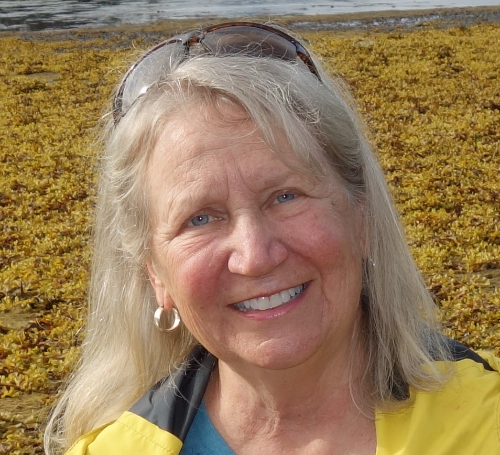Kathleen Dean Moore
Author | Moral Philosopher | Environmental Advocate

Award-winning author or co-editor of a dozen books about our cultural and moral relation to the wild, reeling world. Distinguished Philosophy Professor Emerita at Oregon State University. Public advocate for climate justice and ecological thriving.
WHAT'S NEW
Be sure to catch this review of Moral Ground, by Deep Green.
The Center for Humans and Nature has just released a set of books of essays about the four elements. In Bk. iii. Water, you’ll find Kathleen’s fiercely beautiful essay, “When Water Becomes a Weapon: Fracking, Climate Change, and the Violation of Human Rights.”
At the end of this Raven Radio broadcast, Kathleen tells (funny) tales about what it means to love a place. https://artchangeinc.org/
Read Kathleen’s new op-ed, a sly argument that hurricanes should be named, not for innocent Debbies and Ernestos, but for the fossil fuel executives who are actually increasing the fury of storms.